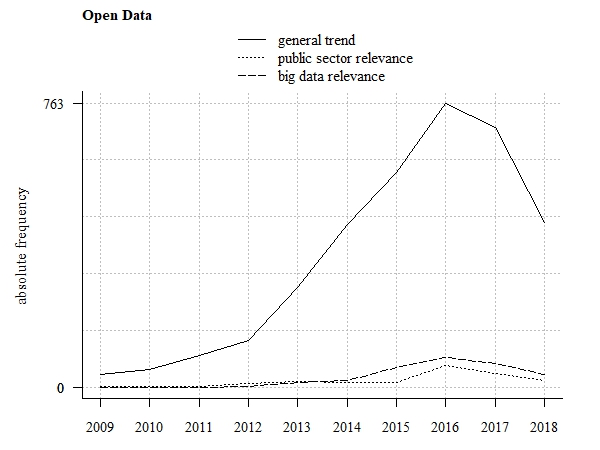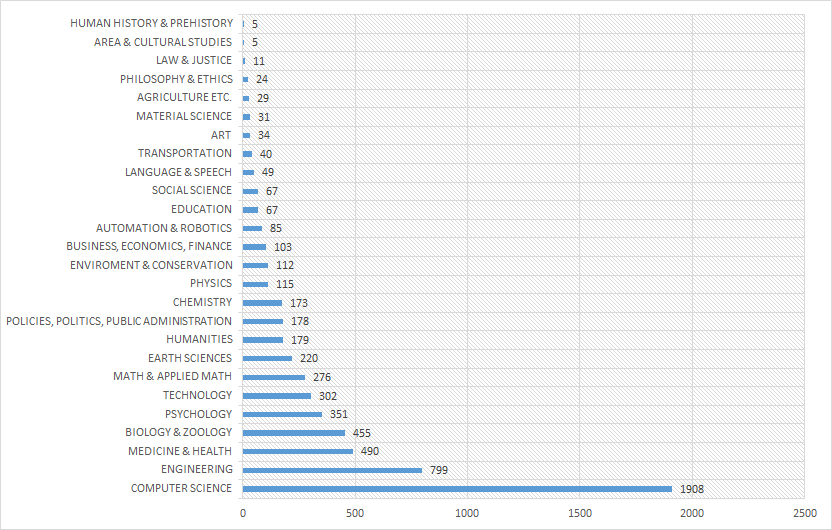Open data - Download the Knowledge base
You are free to download the data of this Knowledge base.
To do this you must be an authenticated user: log in or sign in now.
All the data are licensed as Creative Common CC-BY 4.0.
The term Open Data means that data and content can be freely used, modified and shared by anyone for any purpose. Open Data is accessible for everyone and useable without any restrictions. [1]
Open Government Data refers to the wide range of information that public sector bodies collect, produce, reproduce and disseminate while accomplishing their institutional tasks. [2]
There are several governmental Open Data initiatives with the aim to publish different kinds of data, (geographic, financial, statistics, election results, legal acts, data on health , transportation and so on) in order to increase transparency and collaboration among sectorial and departmental boundaries. The European Open Data Portal for instance is available since 2016, harvesting the metadata available on public data and geospatial portal across European countries. [3]


| Agenda Setting | Policy Design and Analysis | Policy Implementation | Policy Monitoring and Evaluation | |
|---|---|---|---|---|
| Agriculture, Fisheries, Forestry & Foods | ||||
| Economy & Finance | ||||
| Education, Youth, Culture & Sport | ||||
| Employment & Social Security | ||||
| Environment & Energy | ||||
| Health | ||||
| Foreign Affairs and Defence | ||||
| Justice, Legal System & Public Safety | ||||
| Public Affairs | ||||
| Innovation, Science & Technology | ||||
| Urban Planning & Transport | ||||
| Institutional Questions / Internal Affairs |
The fact, that data can be abused, is for sure one of the biggest risks when thinking about modern data based decisions and evidence based policies.
One option to prevent policy makers from statistical fakes could be the regulation of these aspects. We have an interesting article in our Knowledge Base about algorithmic regulation.
Open data is a real pain-point, even in 2018… The numerous announcements and much money spent globally should have already implemented this trend. At least the mappings found in this knowledge base can serve as a starting points for the upcoming initiatives.
You are free to download the data of this Knowledge base.
To do this you must be an authenticated user: log in or sign in now.
All the data are licensed as Creative Common CC-BY 4.0.
Open data Vs Usable open data
The Greek Police publishes statistics on crime rates every year. In the Excel file there used to be a comparison with previous years. When there was a jump in crime rates, they stopped adding the comparison and no one bothered to do it themselves to report it in the media. The government will say that they still publish the same data, but in reality they make it more difficult to use them.
Making the data available may be important for researchers who may extrapolate trends and correlations, but it is as important to be doing these analyses for publishing the data in the first place.
Moreover, selecting which data to publish and which not should be as difficult as possible for governments, otherwise they would be able to only publish the ones that shows them in a favourable light.